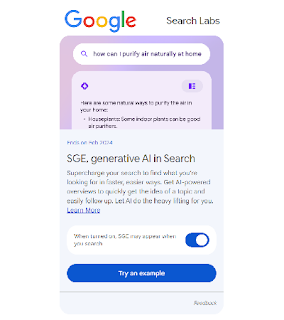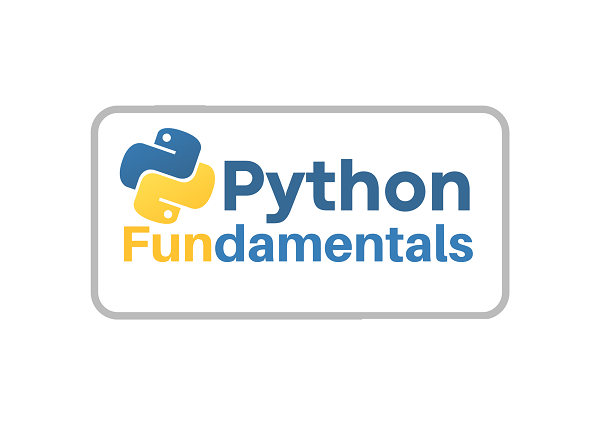Why Humans Will Never Understand AI?
Artificial
Intelligence (AI) has become a buzzword in recent years, and it is significantly
changing many aspects of our lives. It has become increasingly sophisticated,
and it has the potential to revolutionize entire industries. However, despite
our best efforts, humans will never truly understand AI. Here's why:
Complexity
of AI
The
complexity of AI is one of the primary reasons why humans will never understand
it fully. AI algorithms are designed to learn from vast amounts of data, and
their decision-making processes are often opaque. Even the most talented AI
engineers and data scientists cannot always explain how an AI system makes a
particular decision. This means that we can never fully understand the inner
workings of AI.
Limitations
of Human Cognition
Another
reason why humans will never understand AI is the limitations of human
cognition. The human brain has evolved to solve problems in the physical world,
and it is not well-suited to understanding complex abstract systems like AI.
Even with the aid of advanced technology, we cannot process the vast amounts of
data that AI systems use to learn and make decisions.
Rapid
Advancements in AI
The
pace of advancement in AI is so rapid that it is impossible for humans to keep
up. Every day, new breakthroughs and discoveries are made, and AI systems
become more sophisticated. Humans simply cannot match the speed at which AI is
evolving.
AI
as an Autonomous System
AI
is an autonomous system that can adapt and learn on its own, without human
intervention. This means that even the designers of AI systems cannot predict
or fully understand how the system will evolve over time. As AI becomes more
advanced and self-sufficient, it will become increasingly difficult for humans
to understand how it works.
Incompleteness
Theorem
The
Incompleteness Theorem, developed by mathematician Kurt Gödel, suggests that
there are limits to what can be known or understood within a complex system.
This theorem applies to AI as well, meaning that there are limits to what
humans can understand about AI.
Different
Cognitive Processes
AI
systems use a different cognitive process than humans do. While humans rely on
intuition, emotion, and creativity to make decisions, AI relies on complex
algorithms and data analysis. This means that even if we could understand the
inner workings of AI, we would not necessarily be able to relate to it or use
it in the same way that we use our own cognitive abilities.
Evolution
of AI
AI
is evolving at a rapid pace, and it is becoming increasingly sophisticated. As
AI becomes more advanced, it will be able to improve its own cognitive
abilities, creating a feedback loop that could lead to exponential growth in
its intelligence. Humans simply cannot compete with the potential for rapid and
infinite improvement that AI presents.
Limits
of Human Language
Language
is a critical tool for understanding complex systems like AI, but it has its
limits. As AI becomes more sophisticated, it will create new ways of thinking
and new forms of knowledge that cannot be expressed in human language. This
means that even if we could understand the inner workings of AI, we may not
have the language to describe it.
Conclusion
In conclusion, while AI has the potential to revolutionize our world, humans will never fully understand it. The complexity of AI, the limitations of human cognition, the rapid pace of advancements in AI, the autonomy of AI systems, the Incompleteness Theorem, the different cognitive processes used by AI and humans, the evolution of AI, and the limits of human language all contribute to our inability to fully comprehend AI. However, this does not mean that humans cannot benefit from AI. We can still develop and utilize AI systems to improve our lives and make our world a better place. We just need to accept that we will never fully comprehend the inner workings of AI, and that it will always remain a mystery to us in some ways. The key is to approach AI with a sense of curiosity and wonder, while also being mindful of the ethical and societal implications of its development and use.
As AI continues to evolve and become more integrated into our lives, it is important to remember that it is ultimately a tool created by humans for humans. While it may surpass our current understanding and capabilities, it will always be a reflection of our own ingenuity and creativity. By embracing AI as a partner rather than a competitor, we can harness its power to create a more just, equitable, and prosperous world for all.




Comments
Post a Comment